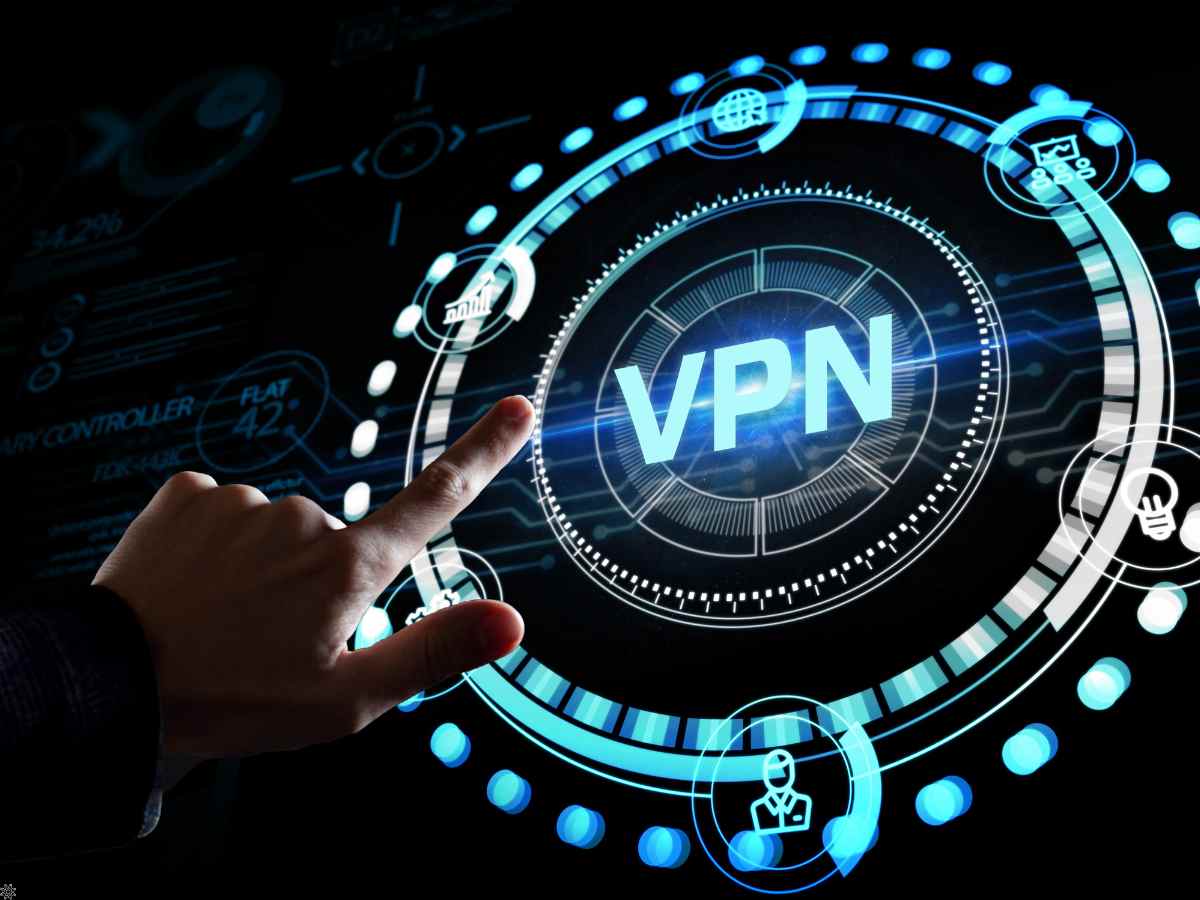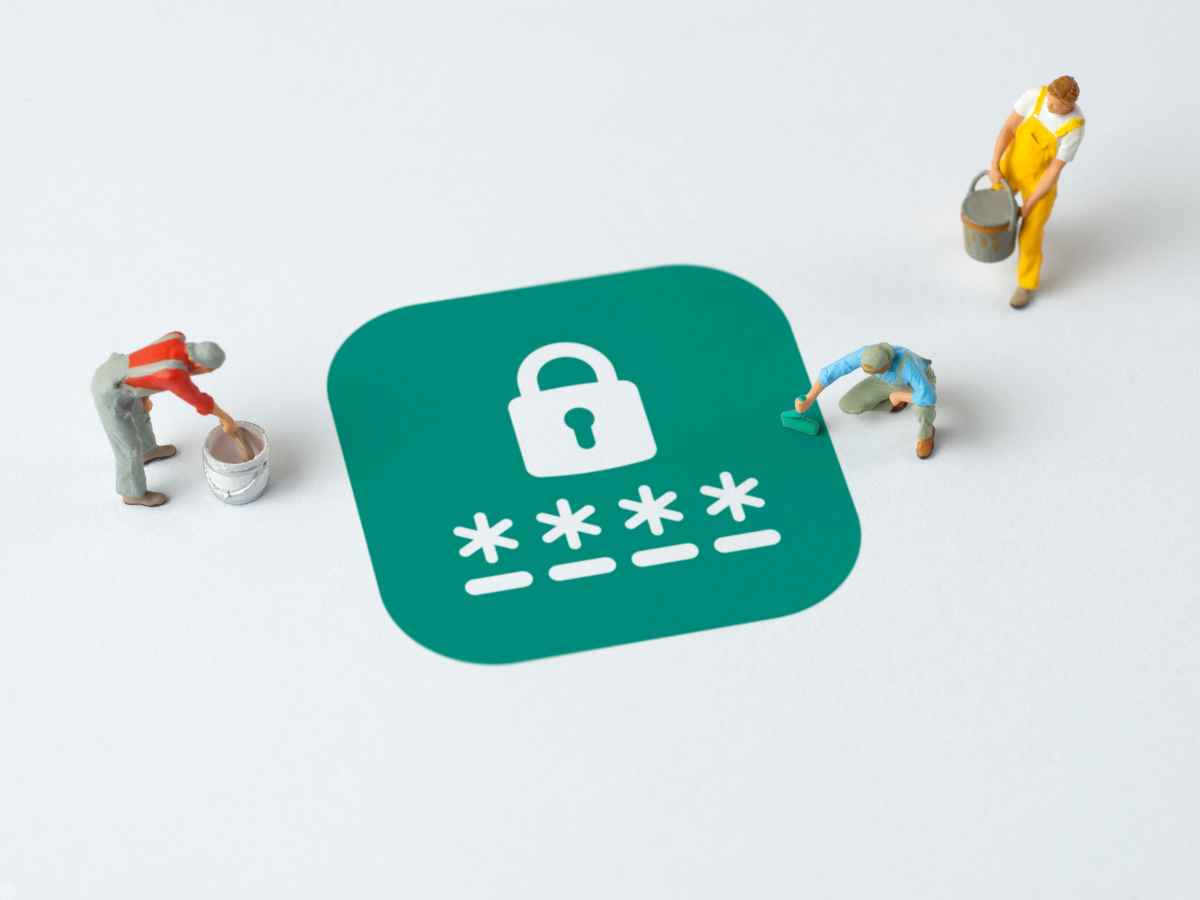It was an exploding time bomb that silently awaited its strike, not with explosives but with a cyber thief hiding in plain view. This most recent shocker, which rocked the corporate arena, was a case of identity theft, wherein the login credentials of Mysore Sales International Limited (MSIL), a state-run giant, were evidently exploited by a cybercriminal. Seventeen air tickets were bought on this devastating account, resulting in a financial trail destruction of ₹2.8 lakh. Now on the trail of the hunt is the Central Division Cyber Crime Police, hoping to crack this complex case to bring the culprits to book.
The incident was uncovered two days after the breach when MSIL’s admin staff noticed unusual activity on their website. By then, 11 tickets had already been used for flights from Mumbai to Dubai and three others for travel from Dubai to India. Fortunately, the remaining three tickets, scheduled for flights from Delhi to Dubai, were blocked immediately.
Let us take an example that simplifies how this occurred. Picture someone figuring out your email password and using it to buy stuff online with your money. In the same way, the hacker got into MSIL’s account and booked tickets using the company’s cash.
A police complaint was filed by MSIL administrator Ravikumar K, who gave the complaint with the details of the mobile numbers and email IDs that the suspect was using. The authorities are investigating the passengers who traveled using the stolen tickets to trace the culprit.
Essentially, the whole incident illustrates how dangerous it can be when a login credential is compromised. It is a real eye-opener for organizations that should now step up their security practices, such as instituting a Two-Factor Authentication (2FA) policy or requiring periodic updates of passwords.
For instance, had MSIL used 2FA, the cybercriminal would have needed a one-time verification code sent to an authorized device, adding an additional layer of security.
This case indeed brings themes of imminent future threats, and many indeed raise the point that cyber security vigilance is something organizations and individuals must now take into consideration as increased sophistication among cybercriminals continues to bolster the need for priority consideration of safeguarding digital assets and data.
Keep in mind that you need to be scrupulous, secure your accounts, and use robust security measures like Two-Factor Authentication (2FA) to shield yourself from online dangers. For instance, do not use the same password for different accounts, and steer clear of highly easy-to-guess passwords, such as “password123.” Instead, make strong and one-of-a-kind passwords that mix letters, numbers, and symbols, and turn on 2FA wherever you can. With 2FA, even if someone cracks your password, they will need a second code (often sent to your phone) to sign in, which makes it way harder for hackers to break in.
Additionally, routinely check your accounts for any questionable activities and update the security parameters as necessary. These simple habits lock all doors and windows of your digital house against break-ins.






